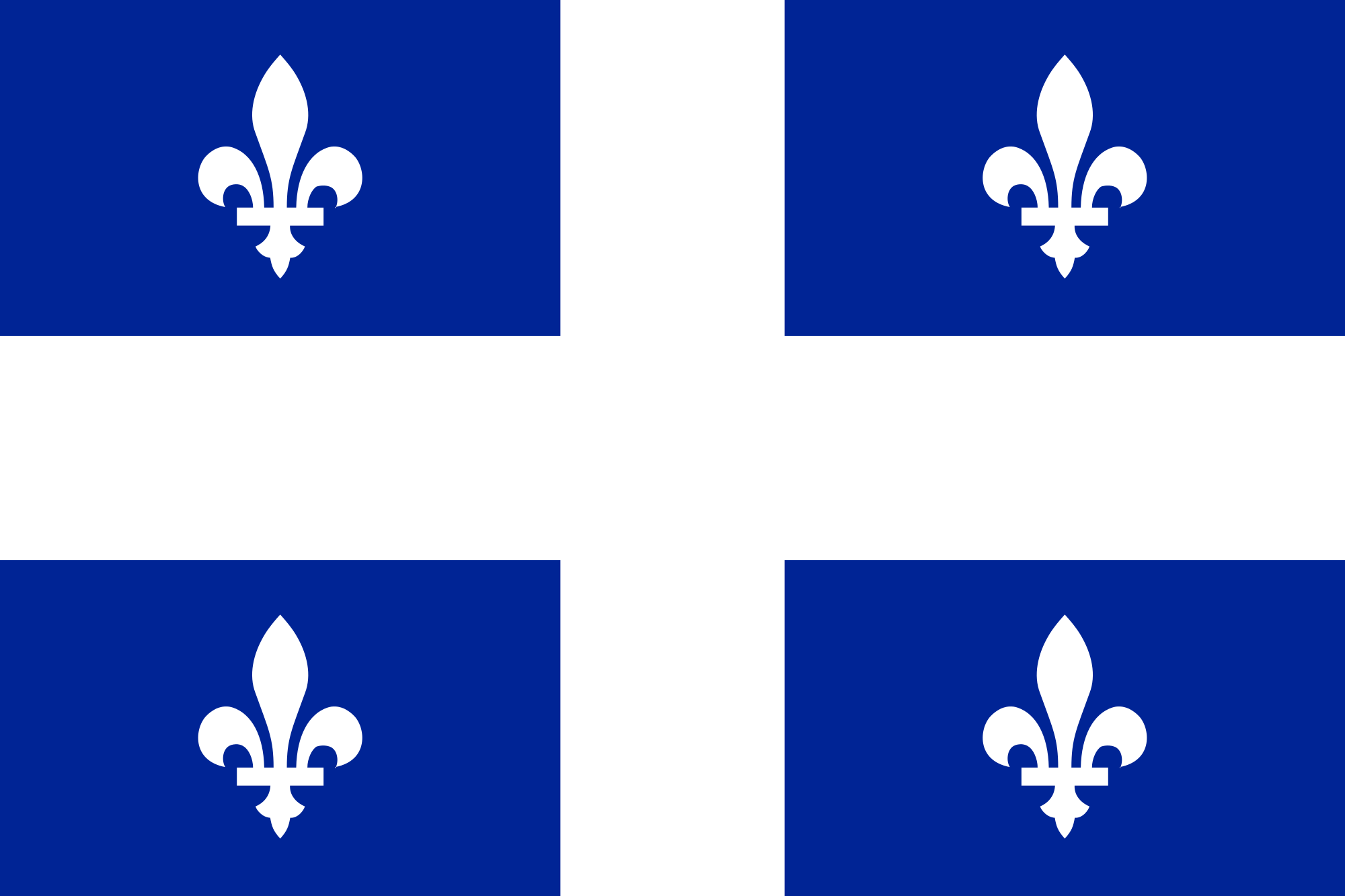Provincial Minister of Immigration stresses employment issues as number one priority
QUÉBEC – Later this month, the Québec provincial government will hold a public consultation on the topics of immigration, diversity, and inclusiveness. To prepare for upcoming reforms to its immigration policies, the current Liberal government of Québec is seeking feedback on how to make the predominantly Francophone province more welcoming to newcomers.
Kathleen Weil, the province’s Minister of Immigration, Diversity and Inclusiveness, recently gave an interview with the CBC in which she identified work-related concerns as foremost among her department’s priorities.
“Integration into the workforce, recognition of professional competencies — that is always the number one issue and it is the number one issue that we want to address,” Weil stated.
Weil’s words reflect the direction in which Canadian immigration has been moving at the national level over the past several years, with an increasing emphasis on skilled labour to meet the country’s economic and workforce needs. Among the Canadian provinces, Québec poses unique linguistic and cultural challenges for the integration of new immigrants.
Controversies over cultural integration
Integration has also become a fraught topic in Québec politics in the past few years. The province’s previous Parti Québécois government drafted a controversial Québec Charter of Values in November of 2013. Proposed as Bill 60, it would have prohibited workers in the public sector from exhibiting any “conspicuous” religious symbols in their attire, including kippahs, hijabs, turbans, and large crosses. The charter attracted criticism from various groups, and died after the Parti Québécois lost its bid in the 2014 election.
However, former cabinet minister and current PQ leadership candidate Bernard Drainville unveiled a new version of the bill on January 15. Drainville claims that the charter emphasizes secularism as essential for integration, contending that “a neutral state is the necessary complement to diversity.” Referring to recent shooting at the offices of French satirical magazine Charlie Hebdo, Drainville told the CBC that the attacks in France demonstrate the necessity of his revised charter as a means to oppose “fundamentalism.”
Minister Weil stresses employment issues
However, not everyone corroborates Drainville’s sentiments. Weil cautions against derailing the consultation into a discussion of the charter, and instead calls for attention to the plight of skilled immigrant workers.
“I think we have to talk about les vraies affaires [the real issues],” Weil maintains. “A charter of values is not les vraies affaires.”
Weil counters that one of the most pressing challenges faced by new arrivals to Québec is the question of finding skilled employment.
“The second generation [of immigrants] [. . .] are not finding jobs at the level of their competencies because they may be from visible minorities or their names don’t resonate as French speakers,” Weil observes. “So it’s important that we develop measures and have an action plan. It remains a huge frustration for people who come from other countries with quality baggage, and we have to find a way for people to contribute.”
Look for additional news about the Québec Liberal government’s policy on immigration, diversity, and inclusion after the public consultation takes place later this month. To speak with a Canadian immigration lawyer contact First Immigration Law Firm toll-free @ 1-855-360-4333.

